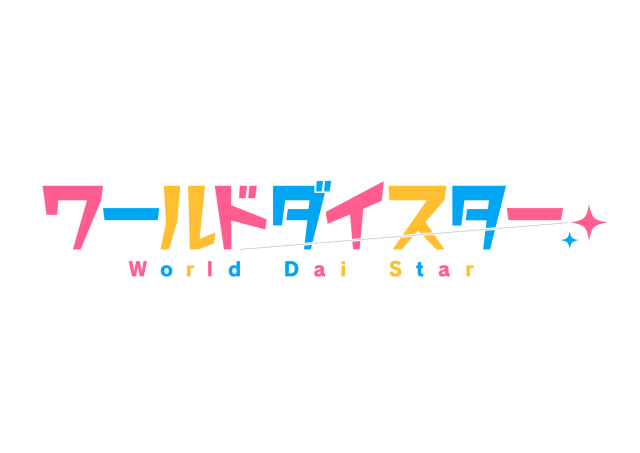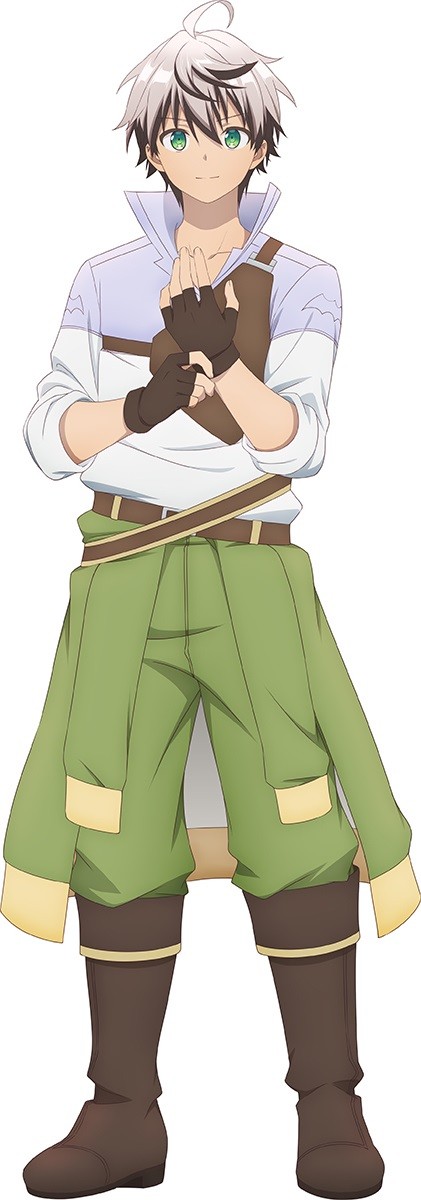Attack on Titan gained popularity for its unprecedented depictions of brutality and acrobatic fighting, but that doesn't mean that Attack on Titan invented all of its innovative elements from scratch. Naturally, it was heavily influenced by animations, manga, and games released before Attack on Titan. In this article, we'll take a deep look at what works influenced the settings and themes of Attack on Titan, and by examining this, we can determine the author's intentions and what Attack on Titan has learned from previous works.
The Titan War and the Seven Days of Fire
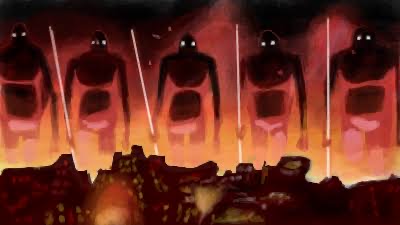
The Titan War, which is said to have started with Ymir, is said to have been the most tragic in the history of the Titans, but perhaps the inspiration for this Titan War was the "Seven Days of Fire" from the Studio Ghibli film "Nausicaä of the Valley of the Wind"? The "Seven Days of Fire" from "Nausicaä of the Valley of the Wind" that I will introduce below has many connections to the "Titan War" from Attack on Titan. "Nausicaä of the Valley of the Wind" itself has had a huge impact on the Japanese manga world, so I think it is highly likely that Isayama-sensei, the author of Attack on Titan, also used it as a reference. Let's compare the "War of the Titans" in "Attack on Titan" and the "Seven Days of Fire" in "Nausicaä of the Valley of the Wind".
What is the "Seven Days of Fire"?
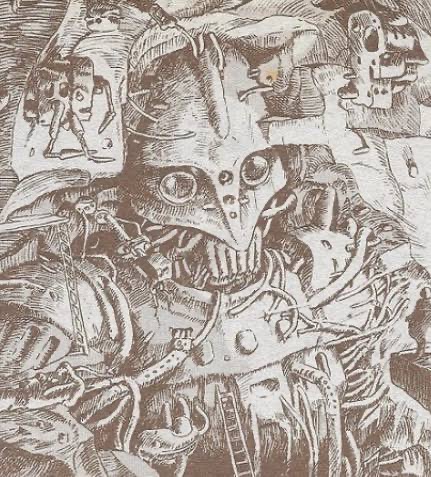
The "Seven Days of Fire" is a tragedy that is said to have been caused by the invention of a powerful weapon called the Giant God Warrior by humans, who once developed a highly advanced civilization. In the play Nausicaä, how on earth did the "Seven Days of Fire" occur? Also, what were the details of the "Seven Days of Fire"? These things are not explained in detail. However, the most important thing about the "Seven Days of Fire" in "Nausicaä of the Valley of the Wind" is that we don't really understand it. We know that a tragic event called the "Seven Days of Fire" occurred in the past, and that civilization took a major step backward. However, because civilization was devastated, it was forced into a situation where detailed records and analysis of past traces were no longer possible, and it has only been passed down as a myth in a somewhat leap of expression. This is what Hayao Miyazaki challenged at the time: how do people understand history after the collapse of civilization? Nausicaä of the Valley of the Wind is a work that is an experiment in expressing this in the most realistic way possible.
Similarities with Attack on Titan
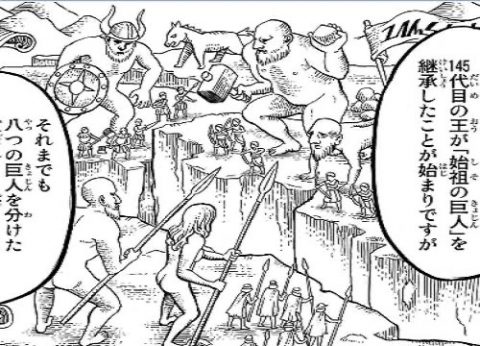
As you can see from the aforementioned "Seven Days of Fire," there are many similarities with the Titan battle in Attack on Titan. Even in Attack on Titan, only a limited number of people, such as the Tybur family, have clearly recorded what happened in the past, and the general public has a distorted understanding of the Great Titan War, so to speak, like a myth. I don't know what happened in the past, but I think that something caused a big setback in human civilization. I think that depicting the general public's thoughts is an extension of the experiment that began with Miyazaki Hayao's Nausicaa, which realistically depicts how people will live after an unprecedented civilization collapses.
The source material for the "Seven Days of Fire" and the "Great Titan War" is the "Dark Ages"!!
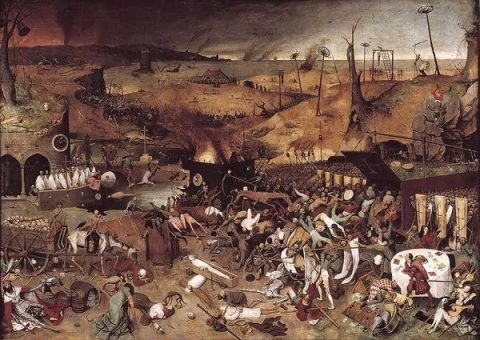
Why are the "Titan Battle" in "Attack on Titan" and the "Seven Days of Fire" in "Nausicaa" depicted so realistically and hopelessly? I think this is due to the tendency to set a thoroughly realistic story based on past history. In fact, there was a time in our world when civilization regressed greatly. This was the period known as the Western "Dark Ages." After the collapse of the Roman Empire, a huge empire with a highly advanced civilization, Western civilization regressed greatly due to the invasion of foreign Germanic peoples and the depletion of materials. The history of the West from this time until the Renaissance was a major technological and ideological regress compared to the Roman era that preceded it. These facts can be seen by us today as actual historical books and architecture. Hayao Miyazaki studied these historical facts and based the "Seven Days of Fire" on the Western Dark Ages, which allowed him to depict a realistic collapse of civilization. And his ideas were also used in "Attack on Titan." The "War of the Titans" in Attack on Titan is a setting that accurately inherits the reality of the "Seven Days of Fire" that Hayao Miyazaki drew from the vast historical facts of the West, and adds new expressions unique to the author.
A solution unique to manga and animation: "Giant Fighting"
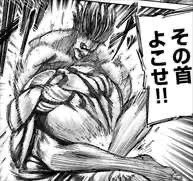
It was known that previous images of giant creatures fighting, such as monster special effects movies like "Godzilla" and "Ultraman," had one weakness. That is, they cannot perform acrobatic movements. As a result, these works ended up losing popularity to life-sized special effects works like Kamen Rider. However, Attack on Titan succeeded in overturning the limitation of monster movies, which is that they cannot perform acrobatic movements. One reason is that by making it an animation, it was possible to depict agile movements that were impossible with a monster costume. Another reason is that by having the giants use martial arts techniques, it was possible to make the giant creatures perform acrobatic attacks without feeling out of place. Unlike Ultraman, which is not limited to long-distance actions such as the Specium Ray or simple punching and kicking, the smooth progression of the match based on martial arts techniques has succeeded in overcoming the lack of acrobatic elements that were essential in monster movies.
A summary of a maniac analysis of the innovative aspects of Attack on Titan
What did you think? This article was quite maniac, but I hope that it was interesting for those who are a little more advanced in anime and think that they are tired of reading regular articles about Attack on Titan! ! Animation and other video works and manga are never created on their own, so what influences did they receive, and what history and scholarship is behind them? I think it is very important to think like this. The analysis introduced this time is just one opinion, so if you want to know more about "Attack on Titan"! ! ! If you want to know more about "Attack on Titan", why not take a look at other people's analysis articles? It is a work full of many theories and charms, such as its connection to Norse mythology and influences on other anime, so the more you research it, the more interesting the anime "Attack on Titan The Final Season" that starts in October will be.



